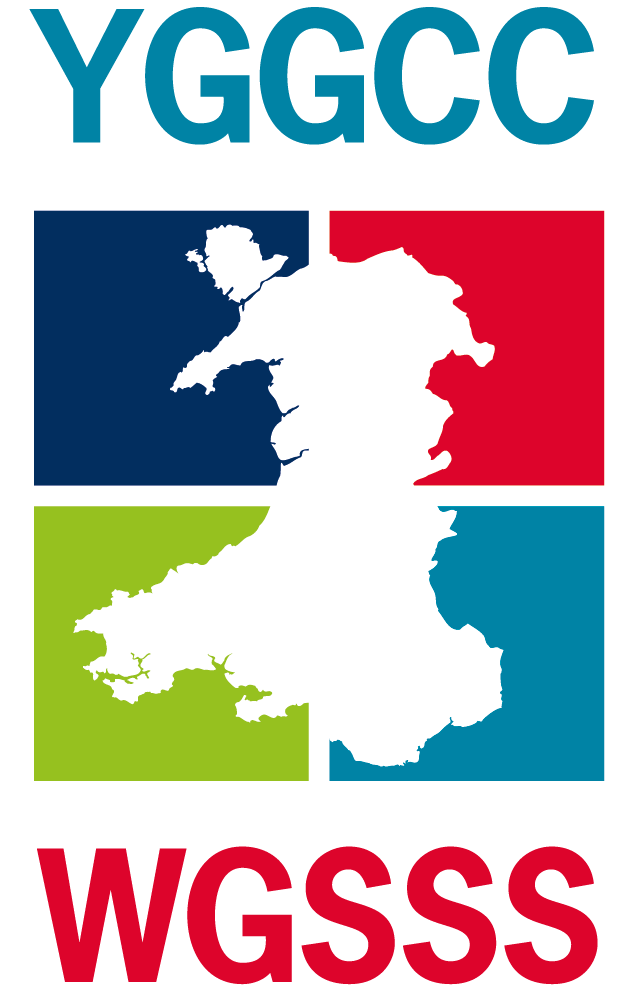
Dr Aaron Lacey (a.s.lacey@swansea.ac.uk)
Swansea Medical School, Swansea University

Prof Tossapon Boongoen (tob45@aber.ac.uk)
Department of Computer Science, Aberystwyth University

Dr Paul Rauwolf (p.rauwolf@bangor.ac.uk)
School of Psychology and Sport Science, Bangor University
Overview
An overview of the pathway
The Health, Wellbeing and Data Science Pathway combines observational, descriptive, and trials-based methods with large population-scale datasets to provide evidence on society’s most pressing health challenges. Our research informs evidence-based policy making to support people to make healthy lifestyle choices and/or to live better with illness and disability. More specifically, this Pathway examines the built and social environment and the impact that these have on multiple health and/or social outcomes.
Environment for doctoral research and training
The pathway has an outstanding global reputation for data science research and generating novel insight on health and social issues. Swansea, Aberystwyth and Bangor University offer core social science methods training and complementary strengths in discipline specific and advanced training. Students across the pathway and WGSSS can access modules on advanced data science, computing for data science, advanced statistics and other advanced qualitative and quantitative methods. The pathway actively includes students at Aberystwyth and Bangor in virtual and in-person events to enhance networking and peer support through social events, annual pathway conferences, block-delivered modules, interdisciplinary workshops, and a series of “Welcome” events for new students to maximise encounter and integration. Other training opportunities include SuMMeR CDT and Marie Curie-funded European Training Network on Informal Caregiving (Bangor); Research Institute for Applied Social Sciences (Swansea); and UKRI AIMLAC CDT (Aberystwyth). All of these opportunities ensure an outstanding PhD training programme where our students develop into well-rounded, multidisciplinary researchers.
Knowledge exchange and careers
The pathway supports PhD student career aspirations and skills development through the WGSSS Development Needs Analysis at the start of the studentship which ensures that the training programme is tailored for each student. We have long established partnerships with Welsh Government, Senedd Cymru, ADR UK, ONS, UK Government and UK Parliament. We also work with many national agencies including, but not limited to, UK Health Security Agency, Natural Resources Wales, Mind and Care & Repair Cymru. This pathway supports collaboration, co-production and work-based placements with many of these organisations which support career development of our students. The sectors that PhD students from the Health, Wellbeing and Data Science Pathway might typically gain employment include public health policy, data science and resource management.
